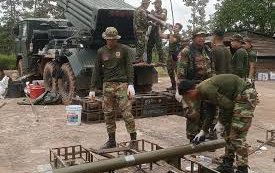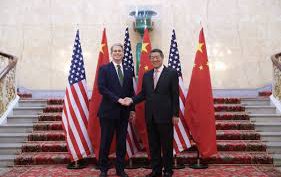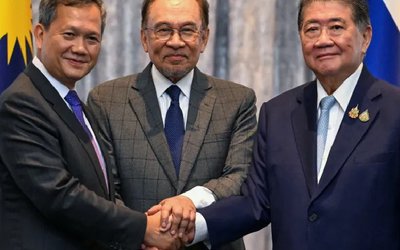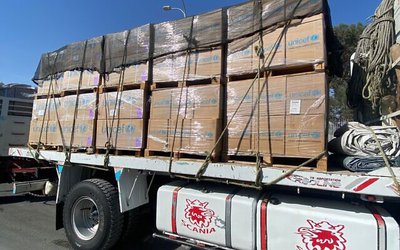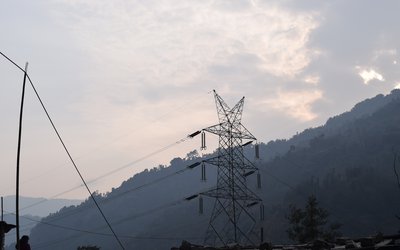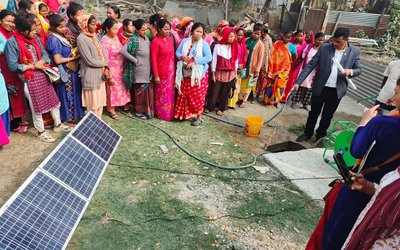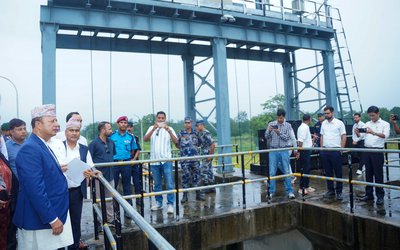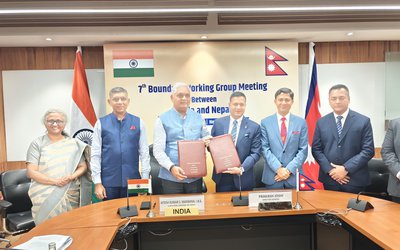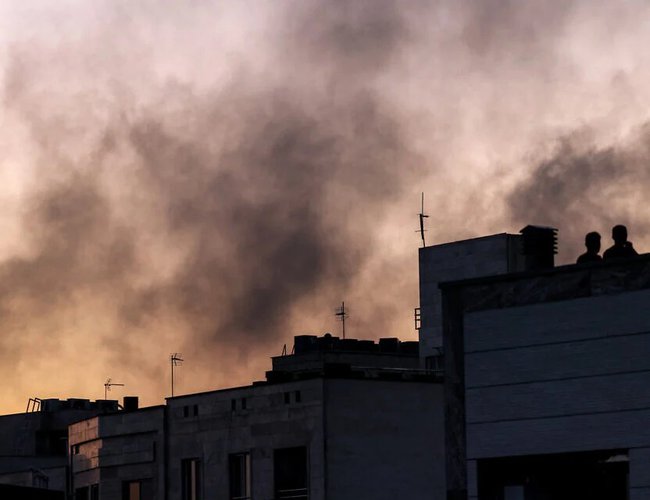
Israel and Iran have continued carrying out attacks despite diplomatic efforts by leaders across the world.
The Israel Defense Forces said on Friday that they conducted operations in western and northwestern Iran, destroying missile storage and launch facilities.
Defense Minister Israel Katz ordered the IDF to launch attacks against the Revolutionary Guard Corps and the Basij volunteer militia.
Tasnim, the news agency affiliated with the Revolutionary Guards, said on Friday their forces hit back with ballistic missiles and drones. Those attacks reportedly hurt 23 people in the northern Israeli city of Haifa.
People in Tehran took to the streets after Friday prayers to protest the Israeli strikes. They carried pictures of Supreme Leader Ayatollah Ali Khamenei while chanting "Death to Israel."
Israeli leaders have said their remaining goal is to wipe out the uranium enrichment site at Fordow in central Iran. The facility is believed to be located deep underground.
Steve Ganyard, a former US Deputy Assistant Secretary of State who previously served as a Marine Corps fighter pilot, said taking the facility out would be challenging. He said if the US decides to get involved, the military would have to deploy bombs known as "bunker busters."
Ganyard said it is unclear how many of the bombs it would take to destroy the facility, adding that indications point to it being an enormous complex. He said, "That's a big area underneath there, and those halls are massive."
Ganyard added that multiple B2 stealth bombers would be needed to carry the payloads and that they would need to conduct a series of attacks, not just a one-time operation.
The head of the International Atomic Energy Agency said at a UN Security Council meeting that the Bushehr nuclear power plant in southern Iran should not be attacked.
At the outset of the emergency meeting held on Friday at Iran's request, UN Secretary-General Antonio Guterres called on all the parties to "give peace a chance," amid the ongoing conflict between Israel and Iran.
Guterres said that while Iran has repeatedly stated that it is not seeking nuclear weapons, there is a "trust gap."
He went on to say that "the only way to bridge that gap is through diplomacy to establish a credible, comprehensive and verifiable solution."
IAEA Director General Rafael Mariano Grossi told the meeting that strikes on Iranian nuclear sites have not, so far, led to a radiological release affecting the public.
But he warned that a direct hit on the Bushehr nuclear power plant in southern Iran, which is in operation, or a hit that disabled the lines supplying electricity to the plant, could result in a high release of radioactivity to the environment.
Grossi added that armed attacks on nuclear facilities should never take place.
Israel's UN Ambassador Danny Danon said, "We do not apologize for striking Iran's nuclear facilities." He also said, "We will not stop, not until Iran's nuclear threat is dismantled."
Iran's UN Ambassador Amir Saeid Iravani said Israeli attacks are in violation of the UN Charter and UN Security Council resolutions, and an assault on the global non-proliferation regime.
He also said Iran's nuclear program is peaceful, and under the world's most extensive IAEA inspections.
- US Threatens 25% Tariff For India, 'Penalty'
- Jul 31, 2025
- Thai, Cambodian military officials agree to stop fighting
- Jul 30, 2025
- US, China wrap up two days of trade talks in Stockholm
- Jul 30, 2025
- Trump to move up Russia's ceasefire deadline
- Jul 29, 2025
- Ceasefire goes into effect between Thailand and Cambodia
- Jul 29, 2025

